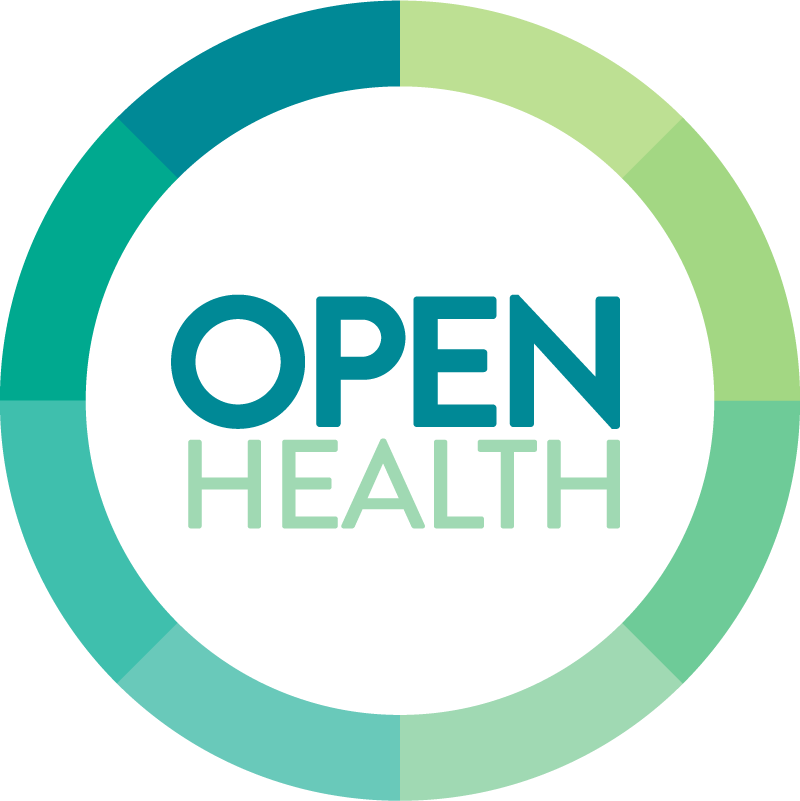The Connection Between Online Safety and Mental Health: What Parents and Students Need to Know This School Year
Tanisha Winfrey, MSW, LCSW
Behavioral Health Counselor
As the new school year begins, it’s more important than ever for parents and children to understand the connection between internet safety and mental health. With 95% of teenagers and nearly 40% of children, ages eight to 12 using some form of social media, the digital world plays a major role in their daily lives.
While social media and online platforms can offer opportunities for learning and connection, they also come with serious risks, especially for young people who may be struggling emotionally. Children and teens facing mental health challenges may be more vulnerable to online dangers, including grooming, exploitation, and risky behavior. Without clear boundaries, they may overshare personal information or engage in inappropriate conversations without realizing the consequences.
Cyberbullying and online harassment are also major concerns, with links to low self-esteem, anxiety, depression, and even suicidal thoughts. Excessive gaming, while a source of entertainment, can spiral into addiction. This can lead to sleep problems, lower academic performance, and social withdrawal, all of which can further impact mental health.
Children and teens may also be exposed to violent, sexual, or self-harm-related content on social media platforms. This kind of exposure can desensitize them to harmful behaviors or normalize unhealthy coping mechanisms, further affecting their emotional wellbeing.
How Parents Can Support Safe and Healthy Online Habits
Here are some ways parents can promote a safer and more mentally healthy online environment:
Talk openly and often: Create a safe, judgment-free space where your child feels comfortable sharing their online experiences, especially if they’ve been targeted by bullying or come across disturbing content.
Educate and be understanding: Rather than banning technology, teach your child how to recognize online risks and navigate digital spaces responsibly. Discuss the importance of privacy, appropriate interactions, and why it’s okay to say no or block someone.
Monitor screen time and behavior: Keep an eye out for changes in mood, sleep, or academic performance, which could indicate a problem. Use parental controls when necessary but aim for transparency and collaboration rather than strict surveillance.
Encourage offline connections: Support friendships and activities that happen outside of screens. Positive, in-person interactions are essential for building emotional resilience and social skills.
Remind them that social media is curated: Help your child understand that most people only post the best parts of their lives online. Comparing themselves to these highlight reels can distort their self-image and lead to unrealistic expectations.
By fostering open communication, setting healthy boundaries, and being proactive about online safety and emotional wellbeing, families can help children develop the tools they need to thrive, both online and offline.
Tanisha Winfrey, MSW, LCSW
Behavioral Health Counselor





